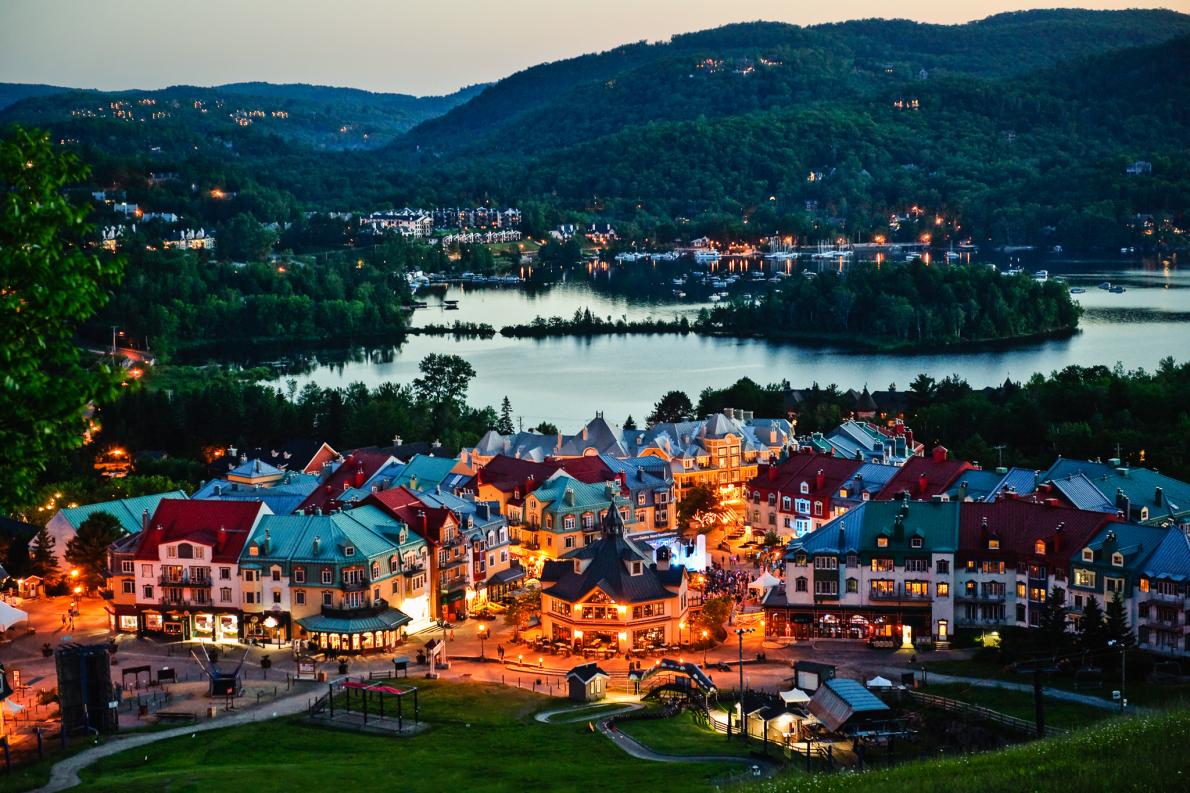Father’s Day is fast approaching and although every day is father’s day, I lost mine almost 25 years back. Over the years when life has been tough (or sweet for that matter), I have often wondered what my father would do in a particular situation. With the passage of time and distance, I have also been able to more objectively view the influence he had on my life. I grew up in New Delhi, in the university part of town in India where my father was one of the cofounders of one of the leading universities, “Jawaharlal Nehru University” and the President of another, “The Delhi University.” My father affected my life in many deep and meaningful ways but he had a profound effect on raising my environmental awareness (with daily quizzes at dinner table, eclectic guests from all over the world visiting and an invigorating environment while growing up). I am sharing his thoughts below on “Who is an Environmentally Literate Student” for an exercise he did for Tufts University from whom he received an honorary Doctor of Humane Letters in 1991. He was a creator and an original signatory to the Talloires Declaration, a ten-point action plan devised by the Association of University Leaders for a sustainable future.
Environmental concerns are real and if we can educate ourselves and raise awareness, we will do a service to both the present and next generations.
Who is an Environmentally Literate Student?
An environmentally literate student is one:
· Who can recognize the Great Bear in the sky on a clear night,
· Who knows that our sun is one of the myriad stars in the Milky Way,
· Who can distinguish between an easterly and a westerly wind,
· Who can name and recognize five birds, five animals, five trees and five flowers of his neighborhood,
· Who is aware of the fact that milk comes not from a bottle but from the udder of the cow/buffalo just as the infant sucks it from the mother’s breast,
· Who appreciates a flower on the stalk rather than in a vase,
· Who recognizes the inherent right of the “ugly” weed to survive along with the “manicured” lawn,
· Who recognizes himself/herself as a link in the food chain—consuming others as food and being consumed by others as food,
· Who does not enjoy hunting as a sport, does not purchase a sable coat for his girlfriend or a fur cap for her boyfriend.
· Who loves, on the one hand, children and wishes to have them of his/her own, and looks after them with tender care at the cost of his/her own comfort; and, on the other, who loves the aged and does not banish his aging parents or aged grand parents to the soulless, cruel but supposedly “cosy” environment of a home for the Aged,
· Who having the option to use a cycle or a car, uses a cycle; to travel by a bus or a car, travels by a bus; who switches off the light not in use; who climbs two stories by stairs rather than by a lift/elevator; and who expresses his/her dissent when the family decides to buy an additional car or a petrol/gas- guzzling prestigious vehicle,
· Who is capable of placing the diverse sources of energy in a descending order with respect to the degree of their expendability-inexhaustible like solar, cyclic like wind or hydro, replenishable like bio-mass and non-replenishable like fossil fuel; supports their use in the above order; and tries his or her best to influence family decisions in the matter accordingly,
· Who can establish causal links between his day to day life and environmental catastrophes e.g.
o between a 100 paged news-paper or Departmental Store packaging in New York or Frankfurt with the destruction of the Amazon forest,
o the misuse of pesticide in advanced agriculture in France or Japan and the death of penguins at the South Pole
o the use of fossil fuel as in Mathura refinery and the layer of soot on the unpolluted whiteness of the Taj Mahal marble,
o the mad rush for profits in the chemical industry and the Bhopal tragedy or in nuclear power generation and the Chernobyl disaster,
· Who believes that nature does not determine the level of development of a country: that there are mountainous countries like Switzerland which are highly developed and like Bhutan which are less so; desertic regions like Israel which are developed and like Chad which are not,
· Who is aware of the fact that high growth rates of population in the poor countries and the zero or even negative rates in the rich countries are two sides of the same coin,-both eco destructive in their own specific ways, that overpopulation leads to poverty and poverty leads to overpopulation, and that development is the best contraceptive.
· Finally and in summation who has a life style rooted in the conviction that homo sapiens are an integral component of the eco system – a rigorous system of interdependencies, that the “rationality” of their species is as natural as the “irrationality” of the typhoon; and that the model of man and nature needs to be replaced by the alternative model of man in nature.


